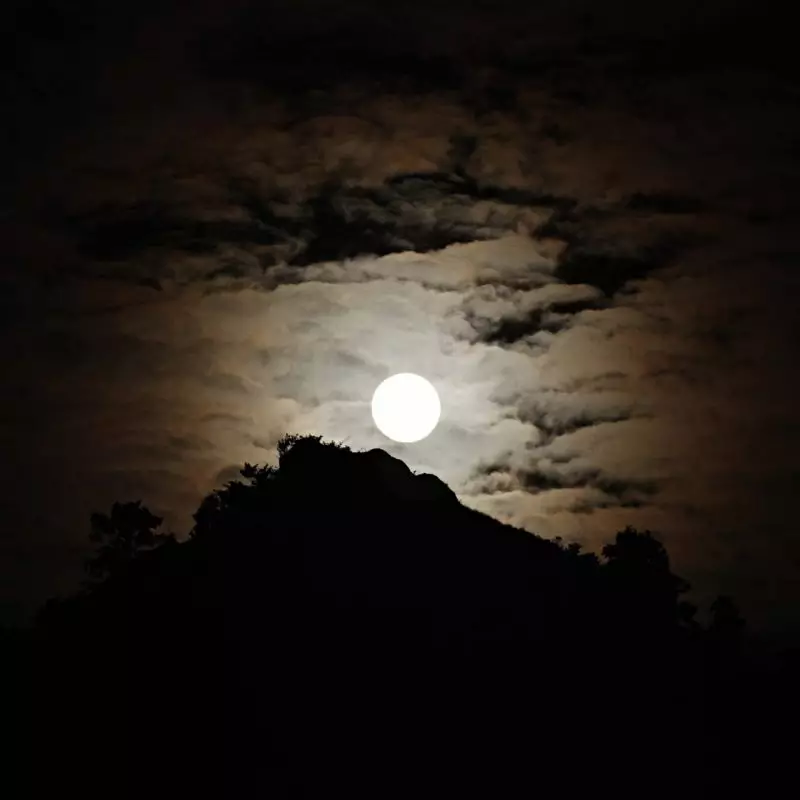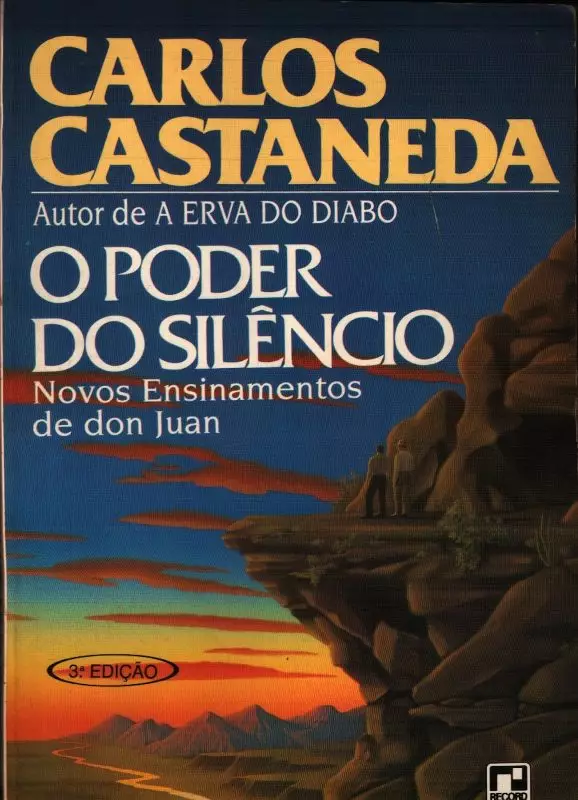“What is the point of doing Tensegrity, recapitulating, doing all the things that you propose? What is the gain? I am a middle-aged woman with three children of college age; my marriage is not that stable; my weight is too high. I don’t know what to do.“
Again, just as in other cases I have related before, this is not a new question to me. I have voiced my own version of it countless times to don Juan Matus. There were two levels of abstraction to which he referred every time he answered a question like this posed by me or any other of his disciples-l know that all of them asked the same question at one time or another, in the same mood of despair, dejection, and uselessness.
On the first level, the level of practicalities, don Juan would point out that the execution of the magical passes, by itself, led the practitioner to an incomparable state of well- being.
“The physical and mental prowess that results from a systematic performance of the magical passes,” he used to say, “is so evident that any discussion about their effects is irrelevant. All one needs to do is to practice without stopping to consider the possible gain or uselessness of it all.”
I was in no way different than the rest of don Juan’s disciples, or the person who posed this question to me. I felt and believed that I was not qualified for the warriors’ way because my flaws were exorbitant. When don Juan would ask me what my flaws were, I would find myself mumbling, incapable of describing those flaws that afflicted me so deeply. I settled it all by saying to him that I had a sensation of defeat that seemed to be the mark of my entire life. I saw myself as a champion of performing to perfection idiotic things that never took me anywhere. This feeling was expressed in doubts and tribulations, and in an endless necessity to justify everything I did. I knew that I was weak and undisciplined in areas that don Juan counted as essential. On the other hand, I was very disciplined in areas that held no interest for him. My sense of defeatism was a most natural consequence of this contradiction. When I asserted and reasserted my doubts to him, he pointed out that obsessive thinking about oneself was one of the most tiring things he knew.
“To think only about oneself,” he said to me once, “produces a strange fatigue; a most overwhelming, drowning fatigue.”
As years went by, I came to understand and fully accept don Juan’s assertion. My conclusion, as well as the conclusion of all his disciples, is that the first thing one has to do is to become aware of the obsessive concern with the self. Another of our conclusions has been that the only means to have enough energy to draw away from this concern-something that cannot be attained intellectually- is by practicing the magical passes. Such a practice generates energy, and energy accomplishes wonders.
If the performance of the magical passes is coupled with what sorcerers call the recapitulation, which is the systematic viewing and reviewing of one’s life experiences, one’s chances of getting out from the underpinnings of self-reflection are increased manyfold.
All this is on the level of practicalities. The other level that don Juan referred to, he called the magical realm: the sorcerers’ conviction that we are indeed magical beings; that the fact that we are going to die makes us powerful and decisive. Sorcerers indeed believe that if we strictly follow the warriors’ path, we could use our death as a guiding force in order to become beings that are going to die. It is their belief that beings that are going to die are magical by definition and that they do not die the death brought about by fatigue, and wear and tear, but that they continue on a journey of awareness. The force of the awareness that they are going to die of fatigue and wear and tear if they do not reclaim their magical nature makes them unique and resourceful.
“At a given moment in our lives, if we so desire,” don Juan said to me once, “that magical uniqueness and power comes to our lives ever so gently, as if it were shy.”
The Blue Scout wrote a poem once that has seemed to me always the most appropriate depiction of recovering our magical aspect:
Angels’ Flight
by the Blue Scout
There are angels who are destined to fly downward into the dark mists.
Often, they get caught there, and for a time, they lose their wings and they are lost,
sometimes for nearly a lifetime.
It doesn’t really matter, they are still angels; angels never die.
They know that the mist will clear someday, if only for a moment.
And they know that they will be reclaimed then, at last,
by a golden sky.
(Carlos Castaneda, Journal of Applied Hermeneutics)

